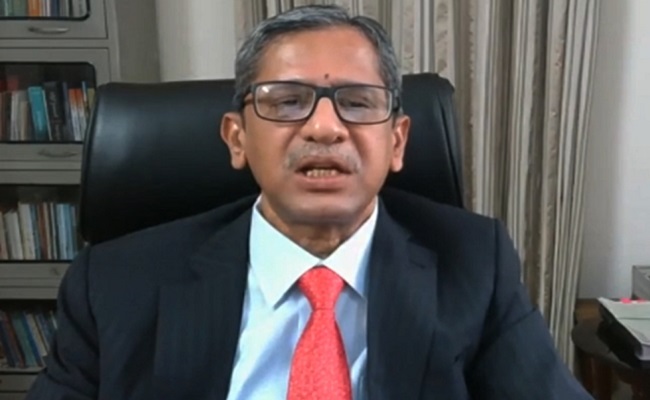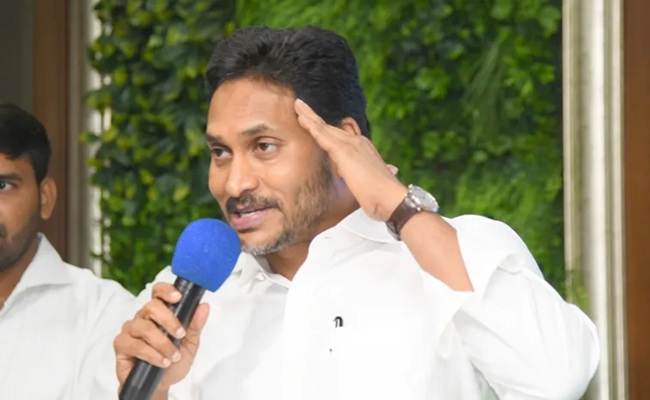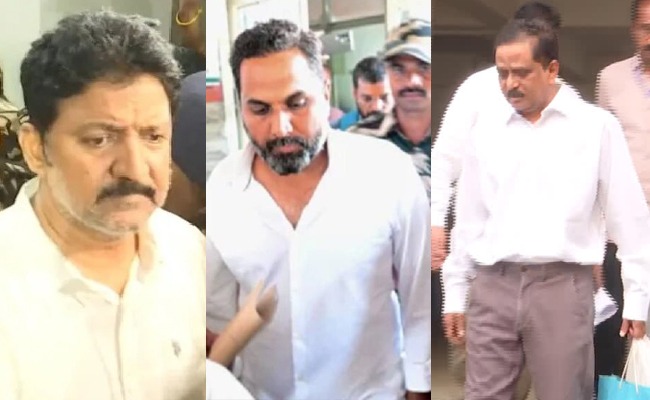
The Supreme Court on Thursday questioned the continued use of sedition law under Section 124 (A) of Indian Penal Code even after 75 years of Independence stating that it was being misused by many states in the country.
The comments were made by Chief Justice of India N V Ramana, while hearing a petition moved by Army veteran retired Major-General SG Vombatkere challenging the constitutionality of the offence of sedition under Section 124A of IPC for being 'vague' and creating a 'chilling effect on free speech'.
A similar petition filed by rebel YSR Congress party MP Kanumuru Raghurama Krishnam Raju challenging the sedition case is pending before the Supreme Court.
Stating that the provision 124A of IPC was inserted during the colonial era in 1870, purportedly to curb dissent.
“It is a colonial law and was meant to suppress the freedom movement. The same law was used by British to silence Mahatma Gandhi, Tilak etc. Still is it necessary after 75 years of independence?" the CJI observed while issuing notice to the Centre to explain.
Justice Ramana wondered why the government, which is repealing many laws, was not looking into this sedition law.
“The enormous power of this section can be compared to a carpenter being a saw to make an item, who uses it to cut the entire forest instead of a tree,” he said.
The CJI clarified that he was not blaming any state or central government for misuse of the provision but, "unfortunately, the executing agency and particularly the authorities misuse it. Take example of 66A which was struck down but people were arrested. There is misuse of these provisions, but there is no accountability," he said.
He pointed out that the powers under Section 124A are so vast that a police officer who wants to fix anybody for playing cards, gambling, etc. can also invoke Section 124 A.
"Our concern is misuse of law and no accountability of executive agencies," the CJI said.
He said the gravity of the situation is so grim that if some State or a particular party doesn't want to hear a voice, they will use this law to implicate such groups of people.













